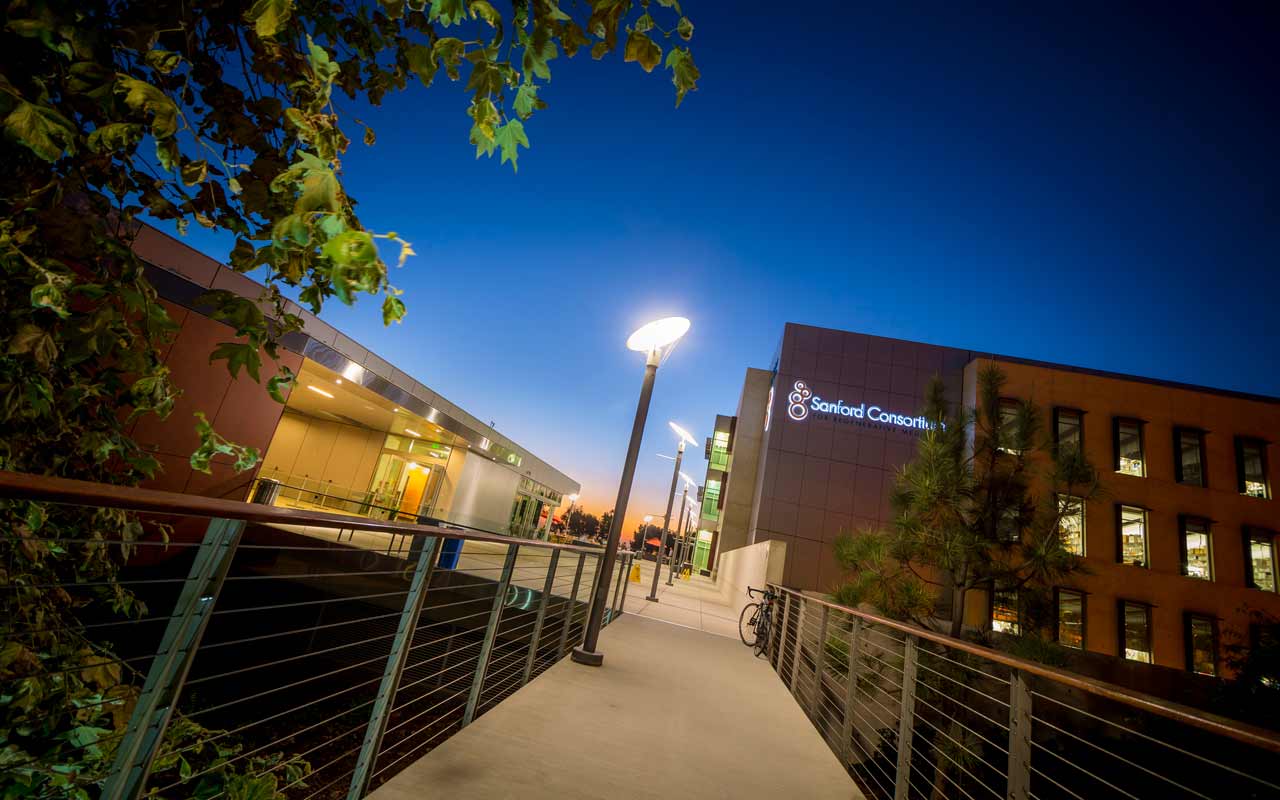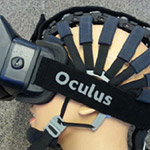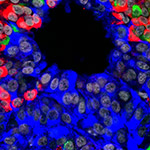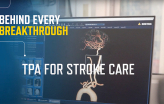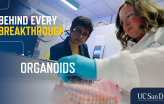The Coming of Age of Stem Cell Therapy
In 2004, the therapeutic potential of stem cells persuaded more than 7 million Californians to approve Proposition 71, which allocated a whopping $3 billion for research and development of stem cell-based drugs and therapies that might someday address a medical dictionary’s worth of diseases and conditions.
